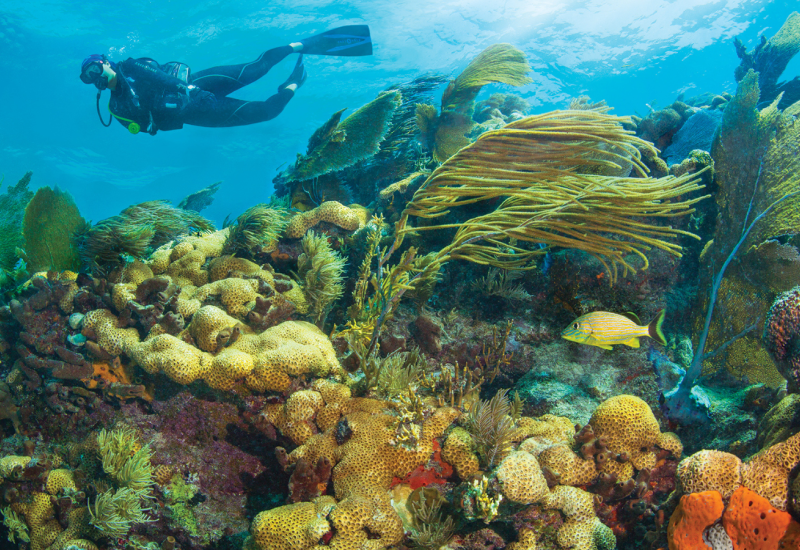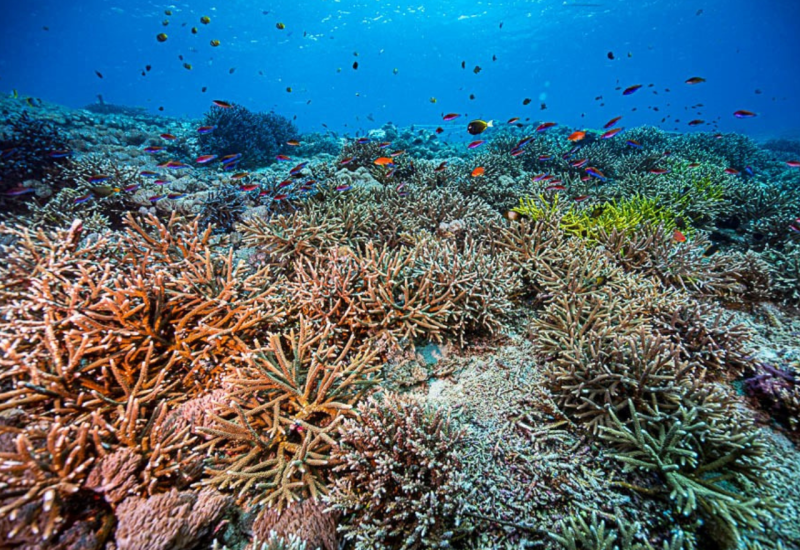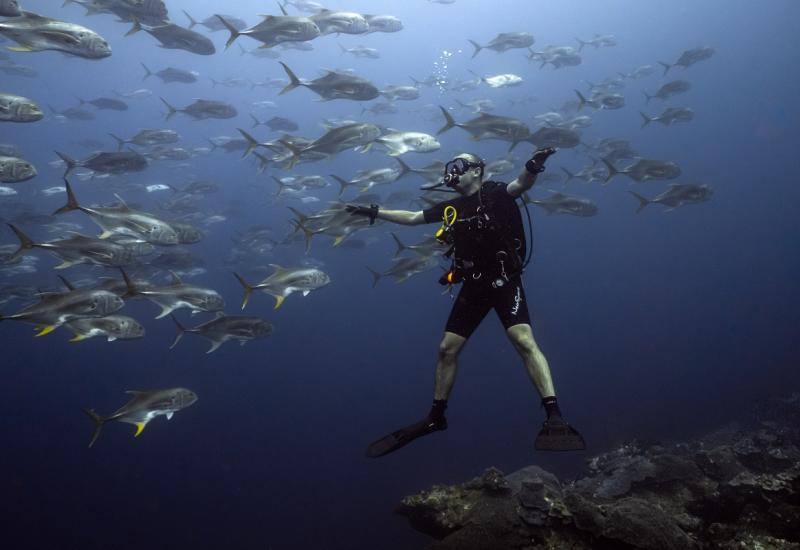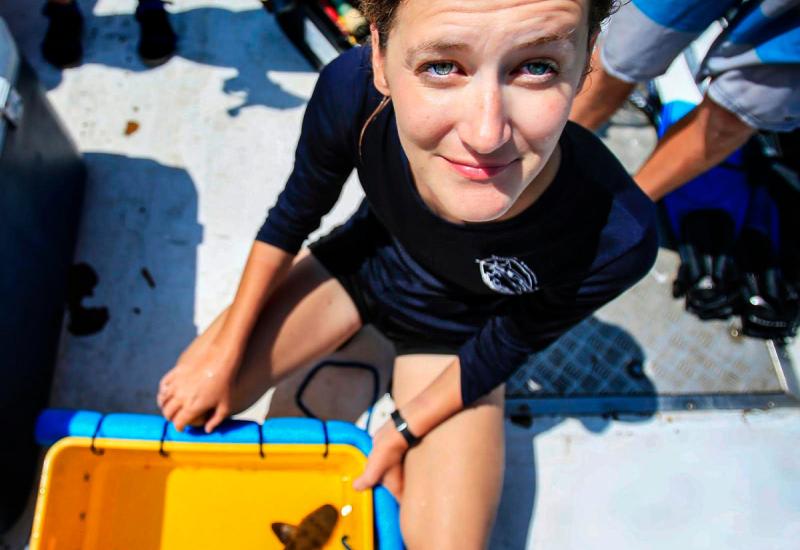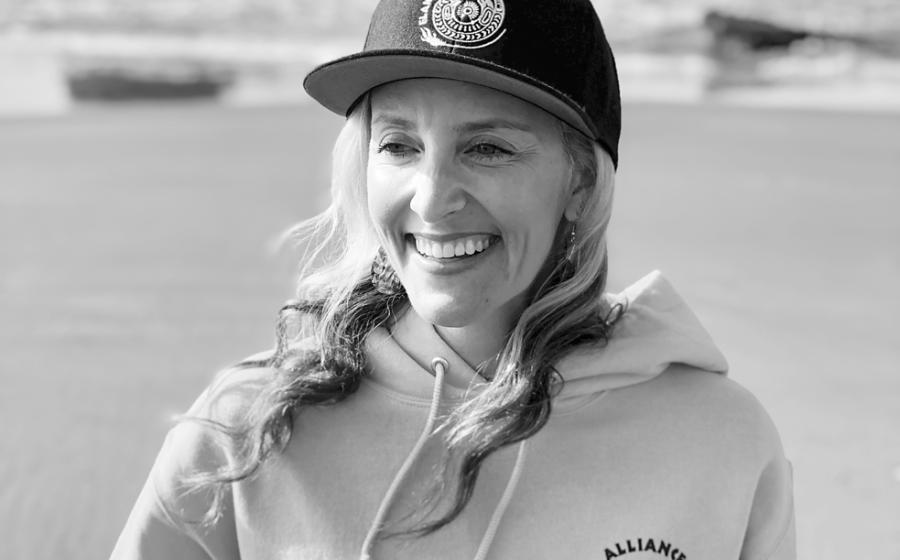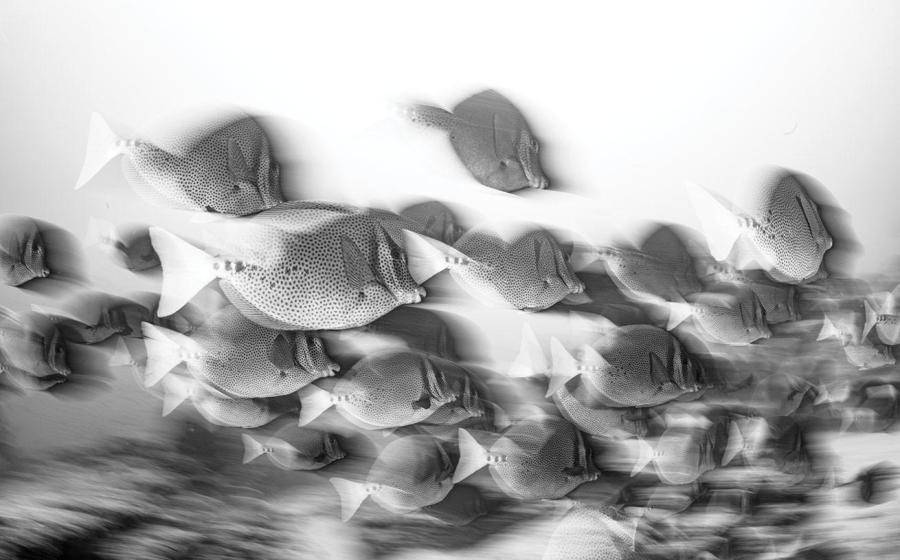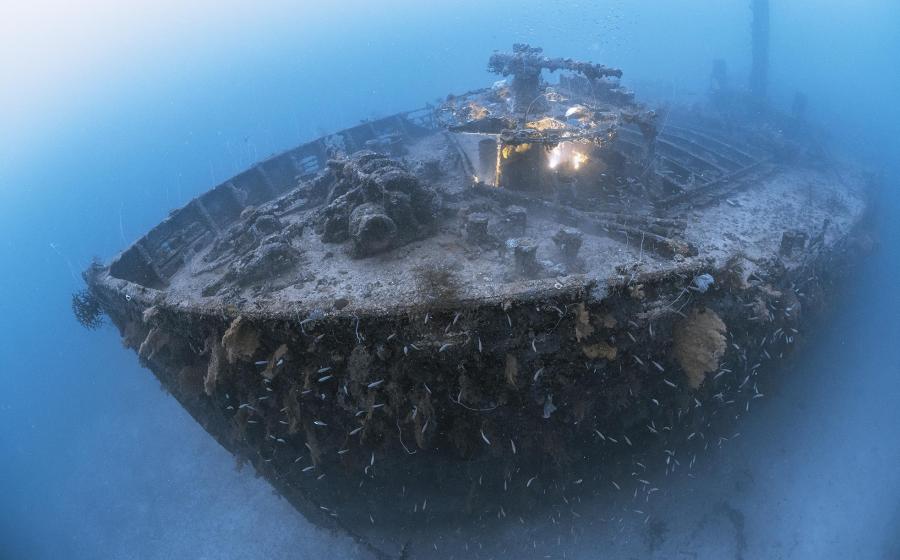At the Back of the Boat: Rick MacPherson

Rick MacPherson
This month, we sat down with conservationist Rick MacPherson. MacPherson is the Conservation Programs Director of the Coral Reef Alliance in San Francisco.
Bottom Time: Tell us a little bit about the Coral Reef Alliance’s work.
Rick MacPherson: The Coral Reef Alliance unites communities to save coral reefs. When we work with communities on issues related to coral reef conservation, they need to be right alongside us. So, we find the money, galvanize the dive community, work with marine park managers, tourism industry, and local stakeholders to implement conservation solutions that get results. Basically, we build partnerships that protect coral reefs around the world. Our primary focus is on the ecosystem above and below water. We have been doing this for nearly 18 years.
BT: If CORAL’s focus is on reefs, why have you gotten involved with shark conservation?
RM: Coral reefs are the life support systems for all life found around them. Healthy shark populations also mean healthy reefs. Sharks maintain important predator-prey relationships on coral reefs—remove sharks and we can have ecosystem collapse. In Fiji, one ton of shark fins is being harvested every month. This number of fins translates into approximately 2,000 sharks being removed from open water and near shore. We partnered with the Pew Environment Group and the Fiji government to support the creation of a shark sanctuary, which would ban the commercial fishing and trade of sharks and their parts in Fiji.
BT: Are you hopeful that the sanctuary will become reality?
RM: I could not get up every morning if I didn’t have hope, but we have to be honest. We’re looking at a pretty grim picture: By 2020, we need to see some serious change. We will lose 50 percent of the world’s reefs by mid-century if we just do business as usual. The Fijians need financial and technical assistance. Luckily, Fijians do not consider sharks a traditional food; in fact, sharks are revered in their culture. But Fiji’s traditional structures are still strong, which is a challenge for conservationists. We have to show that shark conservation brings tangible benefits to the local communities and once we broker that understanding, we have a chance. We think 2011 is going to end up being a banner year for sharks because of the sanctuaries that are being put in place.
BT: How can our readership help?
RM: Become a “Fiji Shark Defender” and pledge to support policies and initiatives that will restore a healthy shark population in Fiji. Or check out a number of other initiatives we’re working on at coral.org. We run very lean and 85 percent of funds that are donated to CORAL go to the field.
For more on CORAL’s work in Fiji, check out our report on the group’s kickoff event in Fiji.
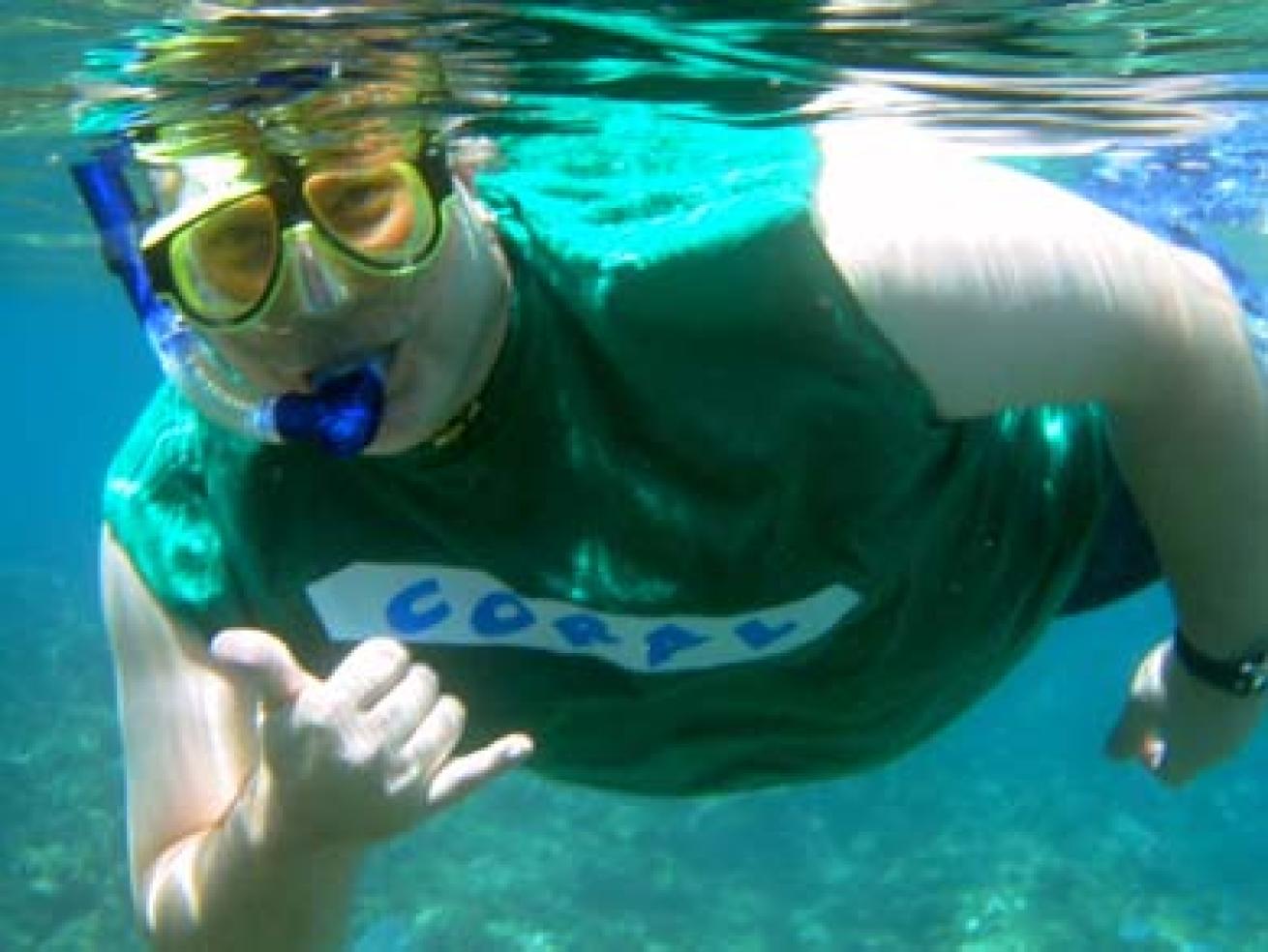
This month, we sat down with conservationist Rick MacPherson. MacPherson is the Conservation Programs Director of the Coral Reef Alliance in San Francisco.
Bottom Time: Tell us a little bit about the Coral Reef Alliance’s work.
Rick MacPherson: The Coral Reef Alliance unites communities to save coral reefs. When we work with communities on issues related to coral reef conservation, they need to be right alongside us. So, we find the money, galvanize the dive community, work with marine park managers, tourism industry, and local stakeholders to implement conservation solutions that get results. Basically, we build partnerships that protect coral reefs around the world. Our primary focus is on the ecosystem above and below water. We have been doing this for nearly 18 years.
BT: If CORAL’s focus is on reefs, why have you gotten involved with shark conservation?
RM: Coral reefs are the life support systems for all life found around them. Healthy shark populations also mean healthy reefs. Sharks maintain important predator-prey relationships on coral reefs—remove sharks and we can have ecosystem collapse. In Fiji, one ton of shark fins is being harvested every month. This number of fins translates into approximately 2,000 sharks being removed from open water and near shore. We partnered with the Pew Environment Group and the Fiji government to support the creation of a shark sanctuary, which would ban the commercial fishing and trade of sharks and their parts in Fiji.
BT: Are you hopeful that the sanctuary will become reality?
RM: I could not get up every morning if I didn’t have hope, but we have to be honest. We’re looking at a pretty grim picture: By 2020, we need to see some serious change. We will lose 50 percent of the world’s reefs by mid-century if we just do business as usual. The Fijians need financial and technical assistance. Luckily, Fijians do not consider sharks a traditional food; in fact, sharks are revered in their culture. But Fiji’s traditional structures are still strong, which is a challenge for conservationists. We have to show that shark conservation brings tangible benefits to the local communities and once we broker that understanding, we have a chance. We think 2011 is going to end up being a banner year for sharks because of the sanctuaries that are being put in place.
BT: How can our readership help?
RM: Become a “Fiji Shark Defender” and pledge to support policies and initiatives that will restore a healthy shark population in Fiji. Or check out a number of other initiatives we’re working on at coral.org. We run very lean and 85 percent of funds that are donated to CORAL go to the field.
For more on CORAL’s work in Fiji, check out our report on the group’s kickoff event in Fiji.

